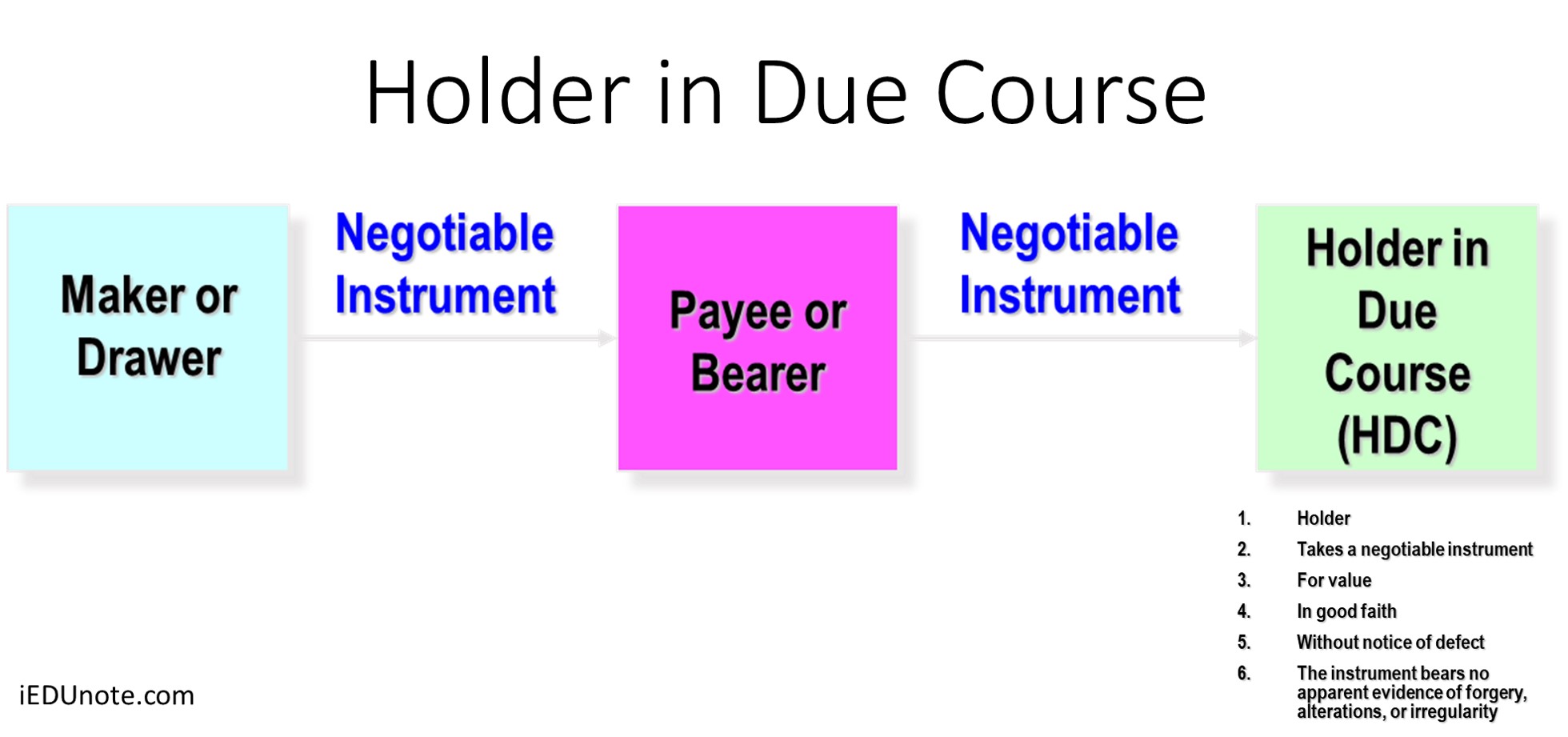Definition of War Insurance
The war insurance policy specifies the coverage exclusion of acts of war such as invasion, insurrection, revolution, military coup, and terrorism.
The study under property insurance shall not be complete until the discussion is made with regard to war risk insurance since war is a peril that substantially causes damages to properties of various descriptions.
The commonly practiced convention throughout the world is that in so far as marine insurance is concerned, the very little restriction is there in providing war cover.
Therefore we see that such cover is being provided for both hull and cargo on demand against payment of additional premium.
Such risks are also covered in life insurance even without payment of any extra premium.
However,
As a rule, insurers all over the world do not provide any war cover in respect of any property situated on land, and, therefore, we see the exclusion of such covers on policies of fire and accident departments.
A common exclusion clause reads as follows:
The company shall not be liable under this policy in respect of loss, damage, or destruction caused by war, invasion, hostilities, the act of a foreign enemy, civil war, rebellion, revolution, insurrection, military, or usurped power.
War Risk Insurance Act
War Risk Insurance Act was a piece of legislation passed by the United States Congress in 1914
During World War I, this act ensured that war risk insurance for shipping vessels and individuals was available.
It established a Bureau of War Risk Insurance within the Treasury Department to provide insurance policies and pay claims for war insurance.
In 1917, the War Risk Insurance Act of 1917 amended the insurance program to make life insurance coverage available to sailors in the United States Merchant Marine.

![Types of Insurance Organizations [A Comprehensive Guide]](https://www.iedunote.com/img/259/types-insurance-organization-e1529504882393.png)